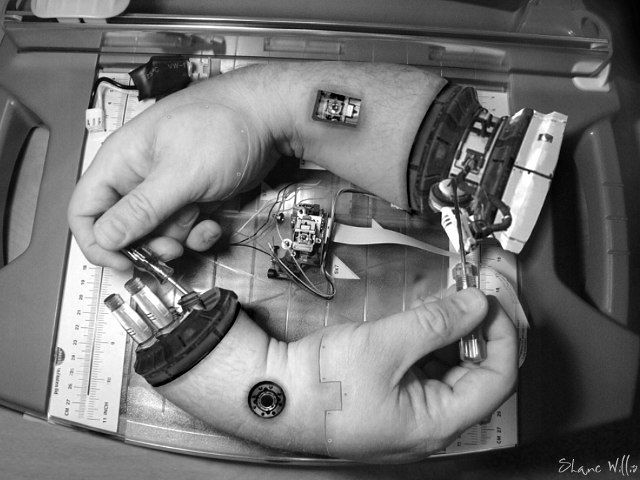The EUMAS ’07 begins with the invited talk of Leila Amgoud titles «Modelling Negotiation Dialogs Using Argumentation».
At the moment, it’s been a very basic talk explaining what’s negotiation between autonomous agents. After explain what negotiation is, she talks about the approaches to the negotiation process: game theory, heuristics and argumentation based approaches.
Game theory
As a branch of economics, assumes perfect rationality (all information is know), not an actual case. It not says anything about how the utility function is calculated and the agents can only emit proposals.
Heuristic-based
Agents don’t know each other preferences, but they only exchange proposals and the preferences of each agent are fixed.
Argumentation-based
We can influence the preference relation of other agents, because we interchange proposals and arguments to «convince» the other agent.
l
Now she continues explaining things about argumentation. Differentiates between two types of arguments: epistemic and practical. The former supports beliefs and is used in deductive reasoning, whereas the latest is based on proposals and is used in abductive reasoning. It’s explaining basic things again (attacks, conflict-free sets…). Arguments can be credulitily or skeptically accepted or rejected. To the argumentation process take into account only the skeptical ones or the rejected to order the offers.
And now…. begins the interesting part: how to use argumentation in negotiation processes (it has taken her 40 min.!!)
She defines 3 protocol classes, but I hardy can read the slides.
… and 3 types of strategies depending on
- which offer/proposal to send/accept (the most used one)
- which argument to send
Well. this where the important part of the conference and she have used just 2 slides :-( Instead of explaining the strategies, she’s continuing with an example. She compares one example without argumentation. The agents can be jammed, but the problem is solve if they can argument about their preferences (obviously).
The problem is if an optimal solution can be reached quikly. But I thing that this is not too importal. Actual life is full of non-optimal negotiations, but good enough ones. She says that they ¡’re looking for a metamodel of decision making and a general model for allowing multiattributes negotiations.
And…. that’s all, folks. Some questions and we’ll run for the next session. By, then.
Blogged with Flock

